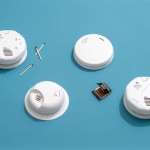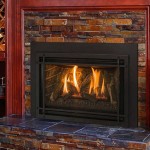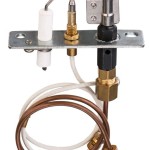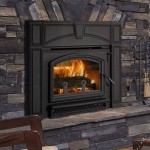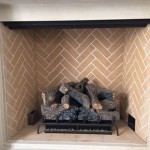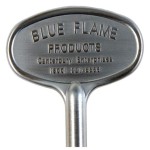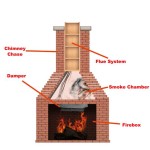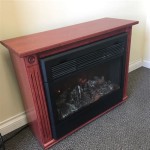Essential Aspects of Gas Fireplace Hood Vents: A Comprehensive Guide
Gas fireplaces offer warmth, ambience, and a touch of elegance to any home. However, ensuring their safe and efficient operation requires the installation of a hood vent. A gas fireplace hood vent is an indispensable component that serves several crucial functions:
1. Ventilation: Hood vents effectively channel combustion byproducts, such as carbon monoxide and other harmful gases, out of the living space. This prevents indoor air pollution and ensures a healthy home environment.
2. Moisture Control: Gas fireplaces produce moisture as a byproduct of combustion. Hood vents draw this moisture away from the room, preventing condensation build-up on walls and ceilings, which can lead to mold growth and other structural issues.
3. Heat Distribution: Hood vents not only exhaust gases and moisture but also distribute heat throughout the house. The warm air rising from the fireplace is vented into different rooms, creating a more uniform and comfortable temperature.
4. Safety Feature: Hood vents act as a safety measure by reducing the risk of backdrafting. Backdrafting occurs when combustion gases are pulled back into the room instead of being vented outdoors. Hood vents prevent this dangerous situation by maintaining proper airflow.
5. Aesthetics: Hood vents can complement the design of a gas fireplace by providing an elegant and finished look. They are available in various styles and materials to match different architectural preferences.
When choosing a gas fireplace hood vent, consider these essential factors:
1. Size: The hood vent should be appropriately sized for the fireplace to ensure effective ventilation. The manufacturer's recommendations should be consulted for proper sizing.
2. Material: Hood vents are typically made of metal or glass. Metal vents offer durability and are more resistant to heat, while glass vents provide a more contemporary and stylish look.
3. Installation: Professional installation is highly recommended to ensure proper functionality and safety. Improper installation can lead to ventilation problems and increased fire risk.
4. Maintenance: Hood vents should be regularly cleaned and inspected to prevent debris build-up and ensure optimal performance. Consult the manufacturer's instructions for recommended maintenance schedules.
By understanding the essential functions and considerations of gas fireplace hood vents, homeowners can make informed decisions to enhance the safety, efficiency, and aesthetic appeal of their gas fireplace.

How Fireplace Hoods Protect Your Hearth From Heat Damage

24 Gauge Steel Fireplace Hood Made To Custom Specifications

Fireplace Hoods Heat Deflectors Custom

Canopies And Fire Hoods Camelot Fireplace Open

Canopies And Fire Hoods Camelot Fireplace Open

Fireplace Hoods Heat Deflectors Custom

Fireplace Hood Canopy Or Heat Deflector Project Small House

Custom Case Study Fire Pit With A Suspended Hood Vancouver Gas Fireplaces

Empire 28 To 48 Inch Adjustable Fireplace Hood Heat Deflector Kit

Empire Fireplace Hood
Related Posts

